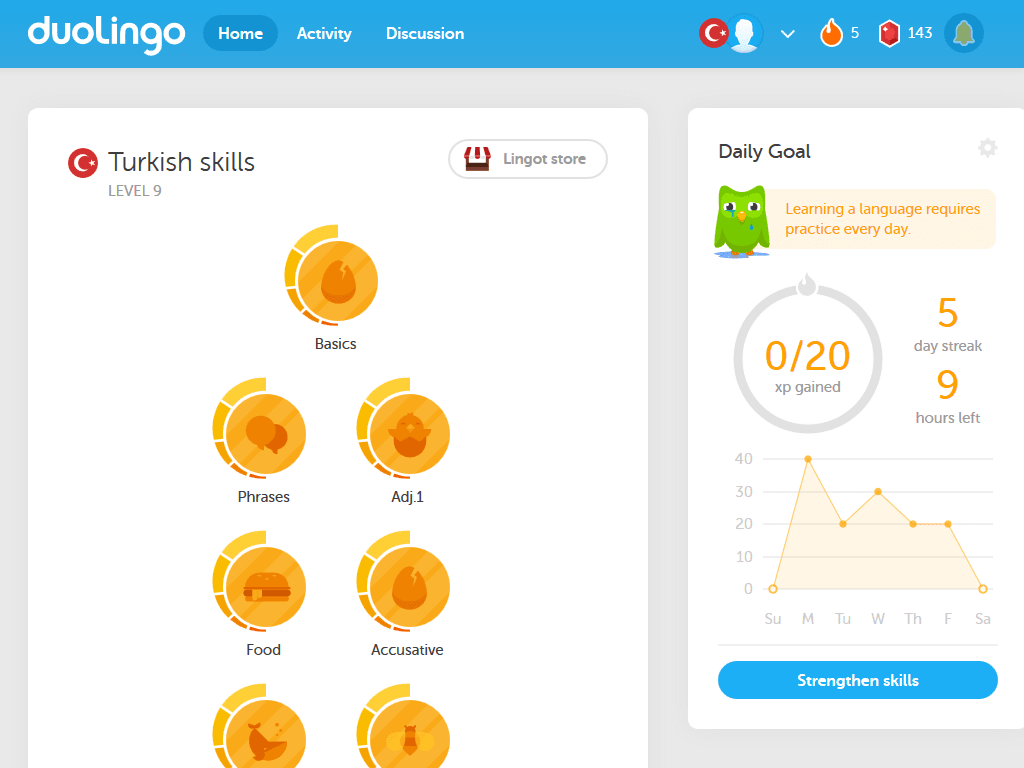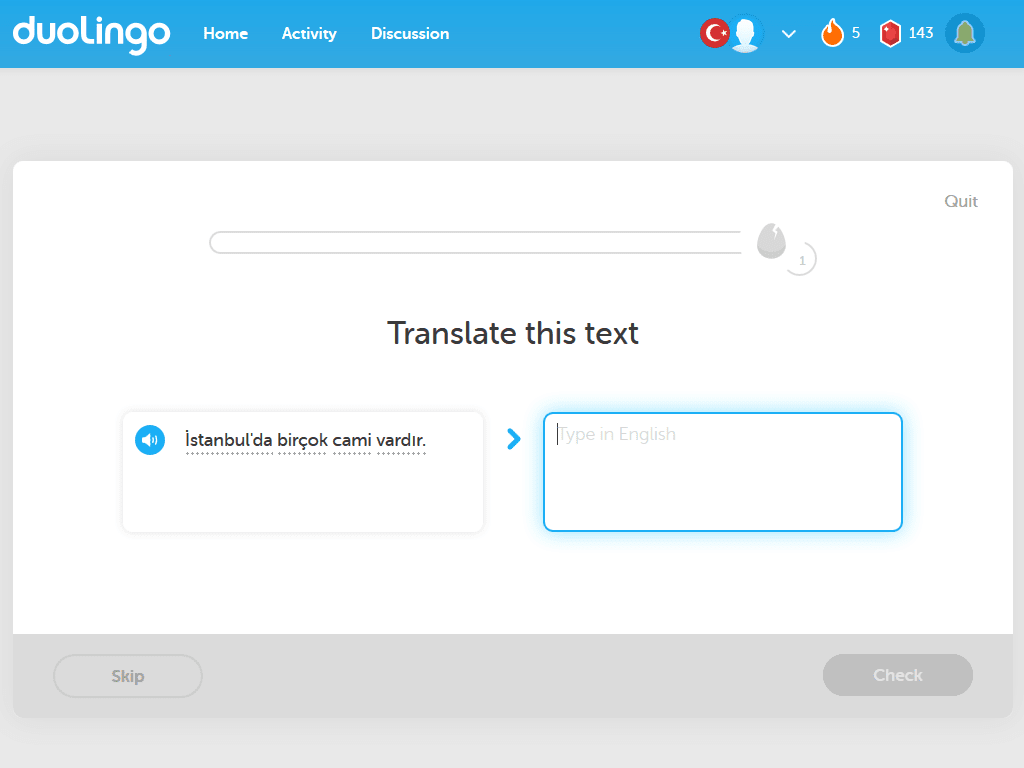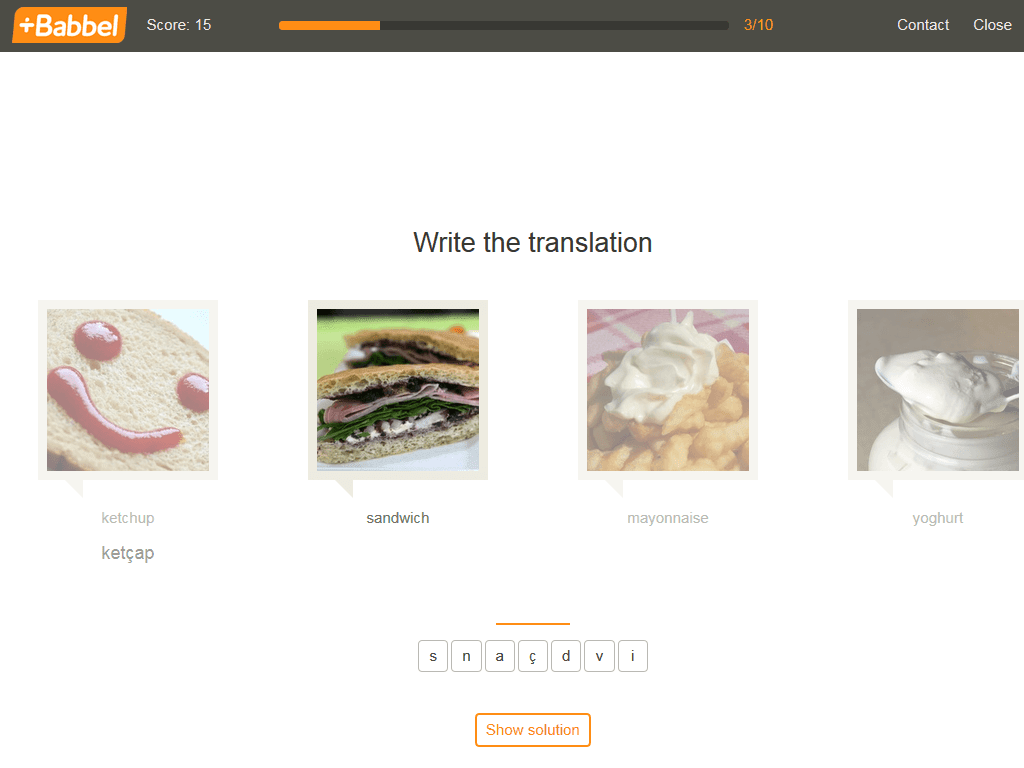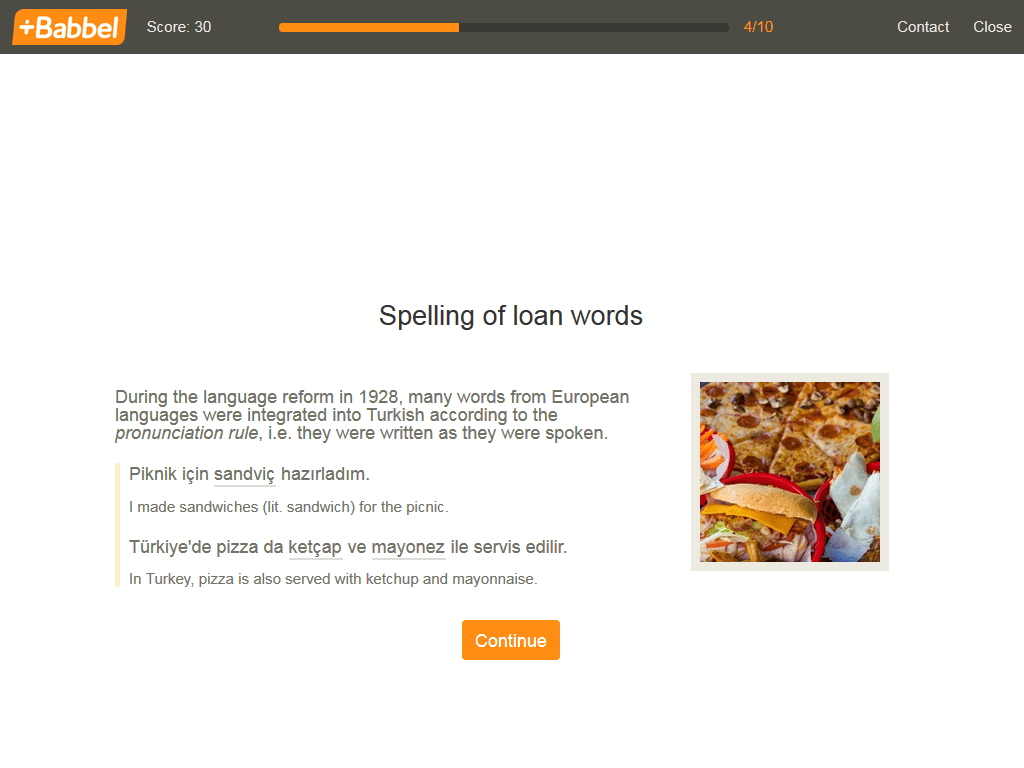Learning a language has many gains. Imagine being able to speak to friends in another culture, or easily communicate in the destination of your holidays. But learning a language also takes a lot of effort, or doesn’t it? In this article, I want to share some of the (online) language services which can help you to quickly learn the basics of a language.
The gains of learning a new language
Besides the obvious gains of being able to speak and read a new language, there are many advantages attributed to the adventure of learning a new language. Language is greatly reflecting the process of how we think, and how we frame our surroundings. Thus, learning a new language can also teach you a lot about yourself.
- Learning a new language enlarges your views. Through a second language, you are able to consider the world through a different (and clearer) lens. Also, you are able to empathize more easily with different kind of cultures and really understand the people of a different culture.
- Learning a new language improves your general knowledge of language, as well as the understanding of your mother tongue. Because of the differences in languages, you become more aware of how your own language is constructed.
- In addition, it strengthens both your long-term as short-term memory. Through the process of learning a new language, you exercise your ‘brain muscle’. To stress this point, this is a scientific fact and thus has great validity.
Learning a new language might be a great pain. But matters that require great pains can invoke great gains. It is like learning to play and instrument. It is hard at first, but once you attain a certain level, it opens new worlds. But enough philosophical talk, let’s introduce some ways to actually learn a language!
Duolingo: Online Language Learning made playful

Duolingo is a free webservice and mobile application which has one unique focus: gamified learning of language. There whole experience of language is designed to be straight-forward, simple in use and a pleasant experience of learning. By completing language lessons, you can gain experience. You can set a daily experience goal, and by getting this goal you will be able to enter a -x-day streak. This is a wonderful, motivating mechanism (you can clearly see it in the picture above). In Duolingo, you go throug a list of topics. A topic will consist of multiple lessons, which each has an order of various exercises. Exercises can be simple translations of written text, translating spoken text, matching pictures and words and also speaking.
Duolingo also has a wonderful mechanism for retention. Each of the topics in which you can do has a strength bar, which indicates your fluency in this topic. These strength bars will decrease after a while, and you have to redo a lesson in this topic to regain your strength for the specific topic. At last, in Duolingo you can connect with your friends and see how you are doing in comparison. In terms of design, usability and sounds, Duolingo did a terrific job in bringing and effective learning experience.

Languages Provided:
English, Spanish, French, German, Italian, Portuguese, Dutch, Irish, Danish, Swedish, Esperanto, Turkish, Norwegian, Ukrainian
Pros:
Learning with Duolingo is a breeze. It hardly feels like learning and the experience is very playful. The scoreboard with your experience (compared to friends) and the motivation to daily get a certain amount of XP (which you get by finishing lessons) is a very neat feature. In addition, the topics are outlined in a very clear way and progressively become more difficult. At least, Duolingo even has speaking exercises! And did I forget to mention it is free?
Cons:
While the application is very strong in learning you a language in a playful way, I sometimes miss the (cultural) context of the topics I encounter. Secondly, for the language I am learning now (Turkish), you have to progress quite far in the program before you are able, for example, to order a bread at a shop. It would be useful if more common sentences are introduced earlier in the program, as some other applications do. At last, sometimes sample sentences contain exceptions or words which are not explained. This is sometimes a little confusing.
View Duolingo ›Babbel: Professional online language learning in a fast way

Similar to Duolingo, Babbel is an online and smartphone language application in which you can learn a language through topic based lessons. They have a very large database of language lessons and one of the best things of Babbel is the way they explain grammar and culture while doing lessons. Completing lessons will result in a certain score, and this score will add to the total score for this specific language.
In Babbel, you can first select a course on a specific topic, for example Beginner’s Courses, Grammar Courses or Specials. In this courses, you can follow lessons or topics which all have various exercises. Exercises consist of translating sentences, matching pictures and words, matching translations, reviewing information about grammar and completing dialogues.
Through the People dashboard, you can connect to friends, co-learners and users of Babbel and view their scores. Quite similar to Duolingo, but with an option to view who are actual co-learners as well. Babbel also has mechanisms for learning retention. For example, retention of vocabulary is checked through a daily challenge, which helps you to remember all the vocabulary you have encountered. Signup for Babbel today and get your first lesson free ›

Languages Provided:
Spanish, English, German, Italian, French, Portuguese, Swedish, Turkish, Dutch, Polish, Indonesian, Norwegian, Danish, Russian
Pros:
Lessons itself follow a logical structure: they start with easier exercises which gradually become more difficult. The explanations in lessons itself are also very clear and give you a good understanding of the grammar of a language. Next to topic based lessons, Babbel offers specific lessons aimed at grammar, vocabulary, specials, useful words and sentences and beginners courses. Another strong point is that culture is tightly integrated in their language lessons and many lessons incorporate simple dialogues.
Cons:
Personally, I don’t like the subscription model and would prefer to pay a one time fee for a certain language. And I find their course browser somewhat harder to browse through and see through the order of lessons, but this has more to do with the actual usability of the application as to learning a language.
View Babbel ›Pimsleur: The power of hearing and speaking
The Pimsleur Program for learning a language works very simple. It first let’s you listen to a sentence or word in the language you are learning, and then repeats it in your mother language. These listening exercises are often done in a specific real world situation, such as meeting a friend. This approach is invented by Paul Pimsleur and it looks like he decided to make a neat business out of it. The unique fact is that learn a language by only listening to audio, and it is claimed it works very effectively.
Languages Provided:
Albanian, Arabic, Armenian, Chinese, Croatian, Czech, Danish, Dari Persian, Dutch, Farsi Persian, Finnish, French, German, Greek, Haitian Creole, Hebrew, Hindi, Hungarian, Indonesian, Irish, Italian, Japanese, Korean, Lithuanian, Norwegian, Ojibwe, Pashto, Polish, Portuguese, Punjabi, Romanian, Russian, Spanish (Latin American), Spanish (Castilian), Swahili, Swedish, Swiss German, Tagalog, Thai, Turkish, Twi, Ukrainian, Urdu, Vietnamese
Pros:
Pimsleur is a very effective way to learn having conversations in a language and follows a unique approach of learning. Because of the way how sentences are repeated, you are very focused on remembering this sentences and actually being able to recall them. Secondly, because it is very repetitive and knowledge from former lessons keeps returning in newer lessons, you’ll store sentences pretty quick in your memory. Because it is audio-based, you quickly learn about the pronunciation and hearing of a language.
Cons:
Pimsleur is somewhat on the expensive side, and mainly based upon speaking and hearing. Secondly, while it is a good point that you learn about language in a real world situations, these situations often feel artificial. Secondly, your vocabulary will be limited to the words as introduced in these sentences. Finally, depending on your personal learning style, you still want to see the old good grammar in textbooks.
Do you want to know more about Pimsleur? Fluent in 3 Months has an excellent elaborate review on their experiences with Pimsleur.
View Pimsleur ›Other Applications
There are tons of other options of learning a language. Other applications are for example Busuu, the 50 languages program and dozens of apps in the appstore. If you want to lay down a strong foundation both in reading, writing as speaking, I’d always recommend to have a language learning book aside to an application. And secondly, the fastest way is obviously to fully emerge among the people of the language you’re learning!